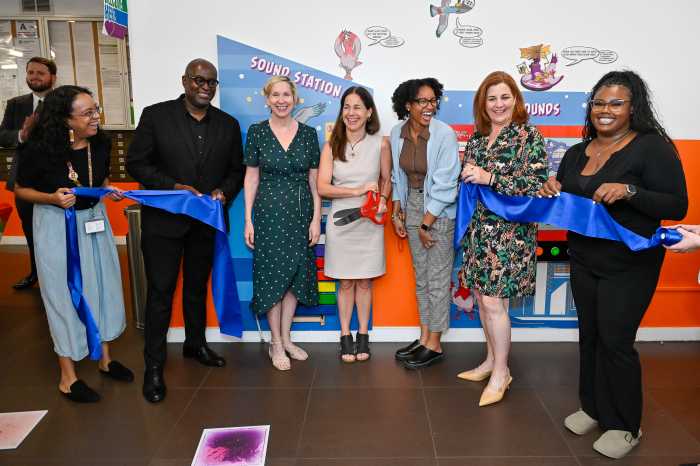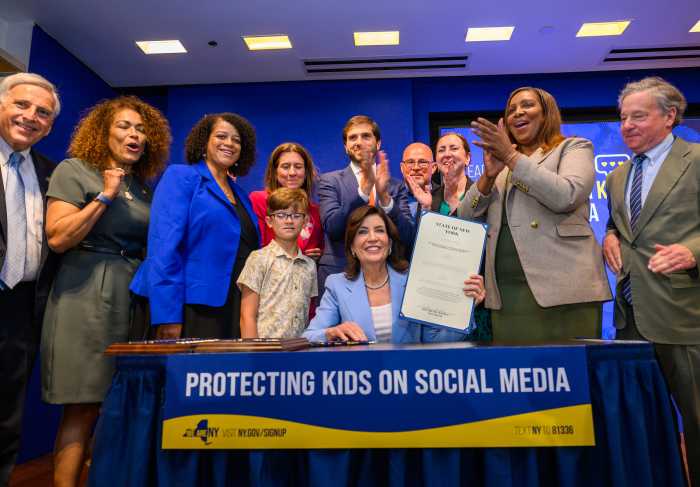The power of childlike intuition was never more evident than on a recent afternoon in a local coffee shop. Oscar had been sitting at a table reading a Harry Potter book and waiting patiently for his chocolate chip cookie and, finally, he walked up to where I had ordered and was talking to my barista friends.
“Mommy,” he said, “can you die of loneliness?”
My stomach dropped. The link between loneliness and ill health, love as a cure-all, is a theme I have thought a lot about, talked a lot about, written a lot about. It is probable that he has caught wind of that, but more alarmingly, it is likely that he has come to some conclusions about loneliness on his own at 7, no matter how hard I’ve tried to protect him.
First things first, I answered his question straight up because that’s what I do.
“Yes,” I said. “I think you can.”
He nodded in agreement.
But then I followed up. “Why did you ask that?” I asked, fingers crossed under the table that he wouldn’t offer up how bad a mother I was, how I was always talking to others instead of to him.
He shrugged. “There were these three characters in the book and they weren’t getting along. They decided to separate from each other, and I predict they’re going to die of loneliness.”
He said it so matter-of-factly, not sadly, but my heart still sank. I wanted to ask him if he was lonely, if the reason he was asking was because of his own fears of abandonment or separation from others, but I didn’t. Sometimes asking the hard questions directly is the best way to kill the conversation. It is the hard job of parents to take what kids say and extrapolate from it, imagining that they often project their own fears and concerns onto other characters and situations even when they don’t realize it themselves.
I tried to stay general and not overwhelm him with my theories, so I took on the tough topic of loneliness by addressing the issue of relationships, which I surmised is what Oscar was interested in. I told him that working on relationships is a difficult but important part of life. I gave the obvious examples of how hard his father and I work on our marriage, despite the difficulties that arise, how hard he has to work with his brother to get past sibling rivalry to the great bits of brotherhood. The twisty complicated roads of our friendships, too, are mostly worth it for the reward of companionship.
Of course, any relationship — even my own constant undying love for my children — can change and then fail to ward off loneliness. I tried to explain to Oscar without scaring him that it is a never-ending search to find the people who will help us survive. It is natural instinct, really, a mechanism we have within us that makes us move on beyond even our mothers when our needs are no longer getting met.
“Those three characters,” I said, “may have separated from one another because they needed something or someone else …”
It is the theme behind any good children’s story, behind every Disney movie, that even the seemingly necessary relationship between mother and child is expendable, that kids from a very young age can survive even soul-killing loneliness as long as they find other creatures that care. “The Black Stallion” was my favorite book because the horse saved the boy. I also vividly remember believing that the lumbering gray elephants in the Tucson Zoo had lived with me, had moved in to take care of me in the moments my own mother was otherwise engaged. They seemed so calm and resourceful, those elephants, perfect foster parents. That belief buoyed me.
Figuring out how to create a close relationship with my kids and encourage them to create other close relationships beyond me or any one person is something I wrestle with all the time. It’s their job to figure how what or who they need.
Indeed, I may be doing them a disservice by using them to cure my own loneliness, cuddling them too closely, listening too intently. One of life’s challenges is to recreate a doting mother figure out in the world, and I have often reasoned my way out of conscious or unconscious selfish behavior by pointing to the great strides of people with self-centered parents, people forced to figure things out themselves. (It is, if nothing else, a great guilt reducer.)
I do not wish to purposely make my kids feel lonely, but I try to take those moments when they have offered up such feelings as teaching opportunities. I try to take myself out of the equation and not feel bad that my love alone can’t save them. I can give them a hug and a kiss, but then I try to lead them to things that have often served me in my own sad, isolated moments, things like books and music, which offer a connectedness to Other when real-life relating with people isn’t possible.
Loneliness, by definition, is being cut off from others, isolated. Trying to connect in any way possible is key, paramount really, to life. Oscar knew that before he asked. It is, after all, natural instinct.

























